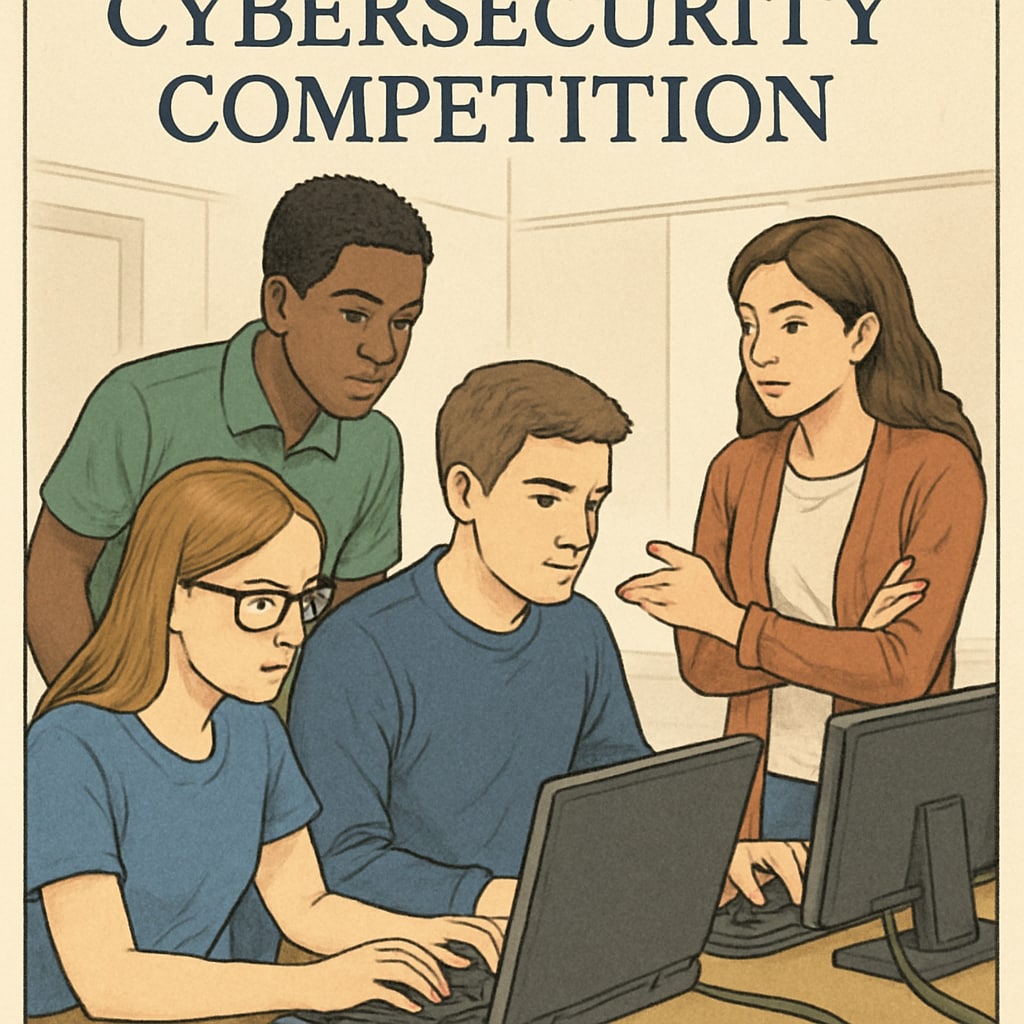When it comes to cybersecurity careers, university reputation can influence job opportunities, but it is far from the most decisive factor. In today’s fast-paced digital world, employers prioritize practical skills, industry-recognized certifications, and hands-on experience over the prestige of a university name. For students aspiring to work in this dynamic field, understanding this reality is key for effective career planning and long-term success.

University Reputation: Does It Matter in Cybersecurity?
The influence of university reputation on employment prospects cannot be entirely dismissed. A degree from a prestigious institution may open doors to interviews, especially for entry-level roles. However, in the cybersecurity industry, the demand for demonstrable expertise often overshadows the weight of academic credentials. Employers are increasingly looking beyond the university name, seeking candidates with certifications like CompTIA Security+, Certified Information Systems Security Professional (CISSP), or Certified Ethical Hacker (CEH). These qualifications ensure that candidates possess the technical knowledge necessary to tackle real-world challenges.
For example, according to Britannica’s overview of cybersecurity, practical expertise in areas such as threat analysis, penetration testing, and incident response is critical for success. A well-rounded professional with hands-on skills can often outperform a candidate relying solely on their academic background.
Skills and Certifications: The True Differentiators
Employers in the cybersecurity sector emphasize technical prowess and problem-solving abilities above all else. Certifications like CISSP and CEH validate an individual’s knowledge and skills in areas such as cryptography, network security, and ethical hacking. These certifications are often considered prerequisites for mid-level and senior roles, making them indispensable for career advancement.
In addition, hands-on experience gained through internships, personal projects, or participation in cybersecurity competitions, such as Capture the Flag (CTF) events, adds significant value to a candidate’s profile. These practical experiences demonstrate a proactive approach to learning and a genuine interest in the field, qualities highly sought after by employers.
For aspiring professionals, early exposure to these opportunities is crucial. Platforms like CompTIA Security+ on Wikipedia provide valuable insights into certification prerequisites and benefits, helping students make informed decisions about their career paths.

Planning for the Future: Advice for K12 Students
For younger students considering cybersecurity as a career, the focus should be on building a strong foundation in technical skills, logical thinking, and problem-solving. Early exposure to programming languages, networking concepts, and cybersecurity basics can provide a competitive edge. Here are some actionable steps for K12 students:
- Enroll in beginner-friendly coding platforms such as Scratch or Python tutorials to develop programming skills.
- Explore online resources and free courses on cybersecurity fundamentals, such as those offered by Cybersecurity and Infrastructure Security Agency (CISA).
- Participate in tech-related extracurricular activities like robotics clubs or cybersecurity workshops.
- Start working toward basic certifications, such as CompTIA IT Fundamentals (ITF+), which lays the groundwork for more advanced qualifications.
By taking these steps, students can position themselves for success in the cybersecurity industry, where practical expertise and adaptability reign supreme.
Conclusion: Beyond the University Badge
While university reputation can provide an initial advantage in cybersecurity careers, it is ultimately skills, certifications, and hands-on experience that define long-term success. Aspiring professionals and K12 students should prioritize practical learning and industry-recognized qualifications to thrive in this competitive field. In cybersecurity, true competence transcends academic prestige, proving that the key to success lies in continuous self-improvement and real-world application.
Readability guidance: Short paragraphs and actionable lists enhance clarity. Overuse of technical jargon is avoided, and passive voice usage is kept minimal. Transition words like “however,” “therefore,” and “for example” ensure smooth flow between ideas.


